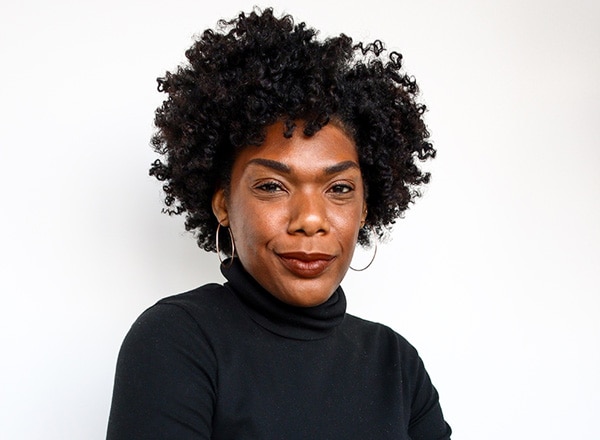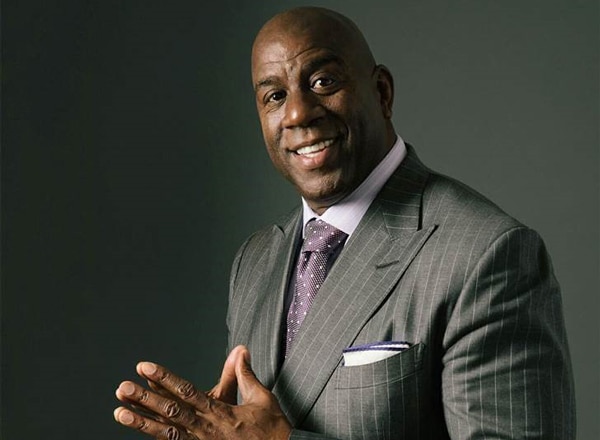Over the past few years, self-care has become a major buzzword in the mental health and wellness industry. Often it is described as going on vacation, booking a massage, taking a bath, or buying a new gadget. Notice that most of these options have a hefty price tag attached to them. Now, there’s nothing wrong with doing these things, but it’s important to assess your bank account before jumping online to book your next getaway. That’s because financial self-care is just as critical as any other dimension of self-care.

Ask the expert: Financial self-care as a healing practice
So what the heck is financial self-care?
Financial self-care is all about allocating financial resources that support our well-being while simultaneously establishing healthy habits that help generate stability through proper money management.
It’s barely talked about, but financial self-care should be at the top of our list of priorities. Why? Because almost everything we do in life requires the use of our finances. And to have our most basic needs met, like having access to food, shelter, clothing, and more, we have to be financially healthy. The other side to this, however, is that earning money is a direct result of labor. This means that, in order to earn, we must put out, and that includes our time, effort, energy, and skills.
So now that you have a better understanding of financial self-care, let’s unpack the different ways you can put this to practice.
1. Set firm financial boundaries.
Boundaries are the limits we put in place to keep ourselves safe and healthy. Sometimes these are limits that we set with others, and sometimes we set them with ourselves. It’s about recognizing that you are responsible for your life; therefore, you need to make choices that align with your values. Setting a financial boundary with others might look like not loaning out money that you know you don’t have. A limit with yourself might be not spending money when you know you don’t have the funds, or prioritizing basic needs over material items. This is not about not having a right to the things you like or wish to achieve. It’s about understanding that there are going to be things you can’t have access to right now, but setting financial goals can help you get there. Which takes us to the next point.
Tip: Assess your income versus spending habits and determine the areas where you can set boundaries on how much you spend and on what.
2. Track, track, track!
Keeping an eye on your expenses is an important way to determine the boundaries you might need to establish when it comes to money. Personally, it took becoming an entrepreneur for me to understand the importance of this. Using services like QuickBooks Self-Employed has been the most effective way for me to track my invoices, business revenue, spending habits, and more. Seeing this before me offers a fresher perspective on money management compared to trying to calculate things in my head or in a notebook. Having an understanding of your investment habits can help with better boundaries.
Tip: Consider using tools like any of the programs QuickBooks offers to get a visual understanding of your spending habits.
3. Set realistic financial goals.
Goal-setting is a natural part of life. There are many things we try to achieve that are related to our careers, well-being, and even our personal relationships. Financial goals are just as important as any other goal, especially when your life plan includes major life-changing goals like moving or homeownership. Let’s face it: Everything we do is rooted in money. But the financial goals you set must be realistic. It’s important to understand that:
- You will not save your way to wealth. Having savings is all about having emergency money and the resources needed to fund your life.
- Your income sets the tone for how much you can save.
- Financial goals can be both long term and short term.
Tip: When setting financial goals, I highly recommend using the SMART method. Assess whether the goal is: Specific, Measurable, Attainable, Realistic, and Timely.
4. Allocate resources as well as shifting careers.
The work of allocating financial resources doesn’t have to be solely dependent on the job you have. There are resources available to people in certain income brackets, and those resources can vary state by state. These programs include rental assistance, food stamps and welfare benefits, food banks, and energy bill assistance.
Your mental well-being matters and so does your financial health. When one is impacted it affects the other, which is why financial self-care is necessary for sustaining your mental health. Use these guidelines as a way to care for yourself, but remember to start small. It takes time to build a new habit, especially around money. But with practice and action, you can see change.











